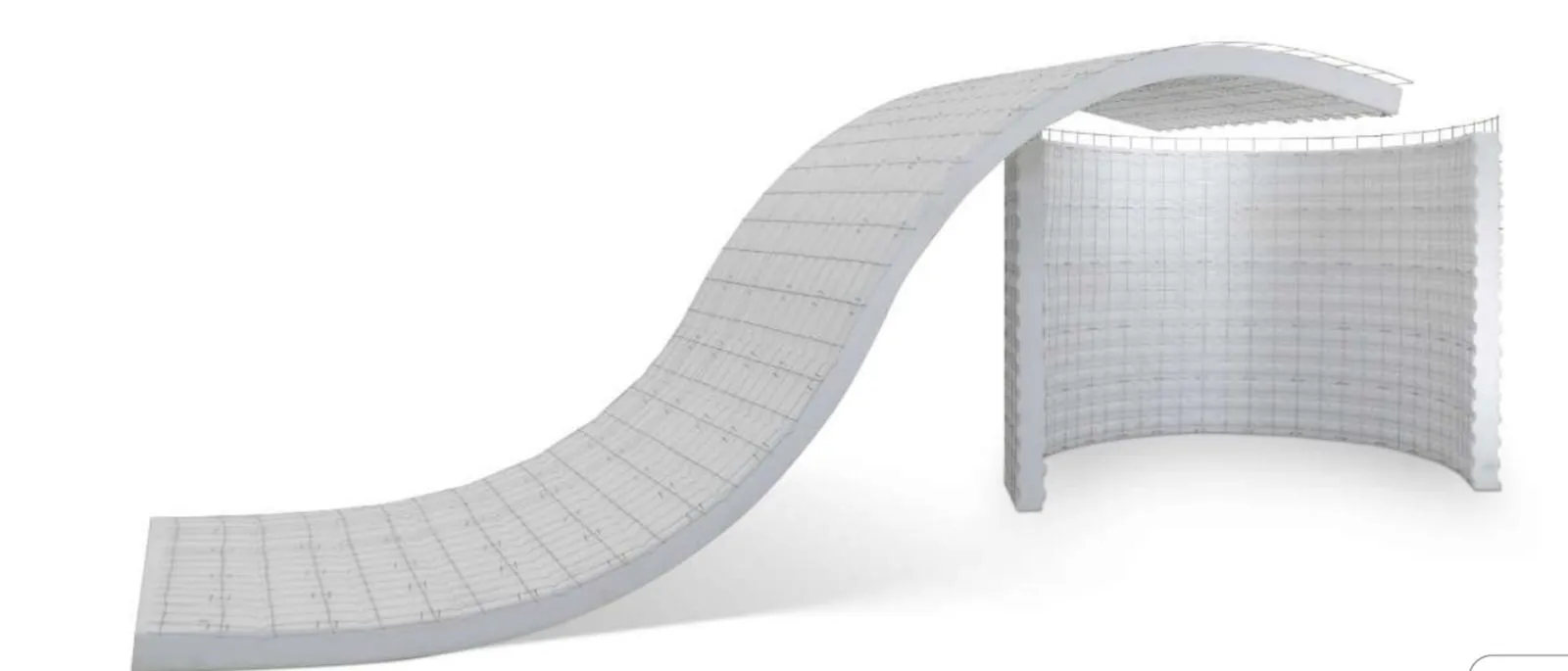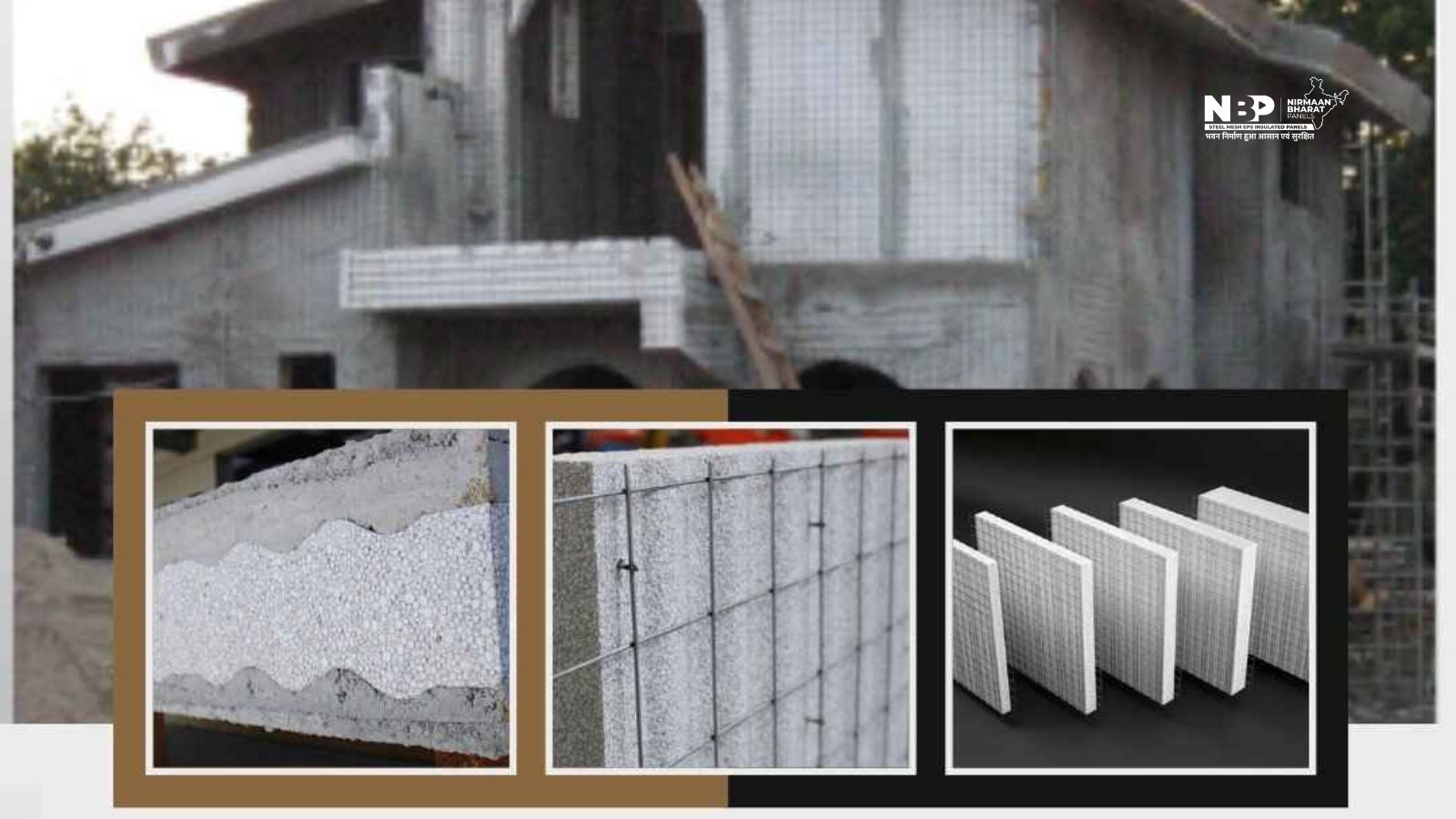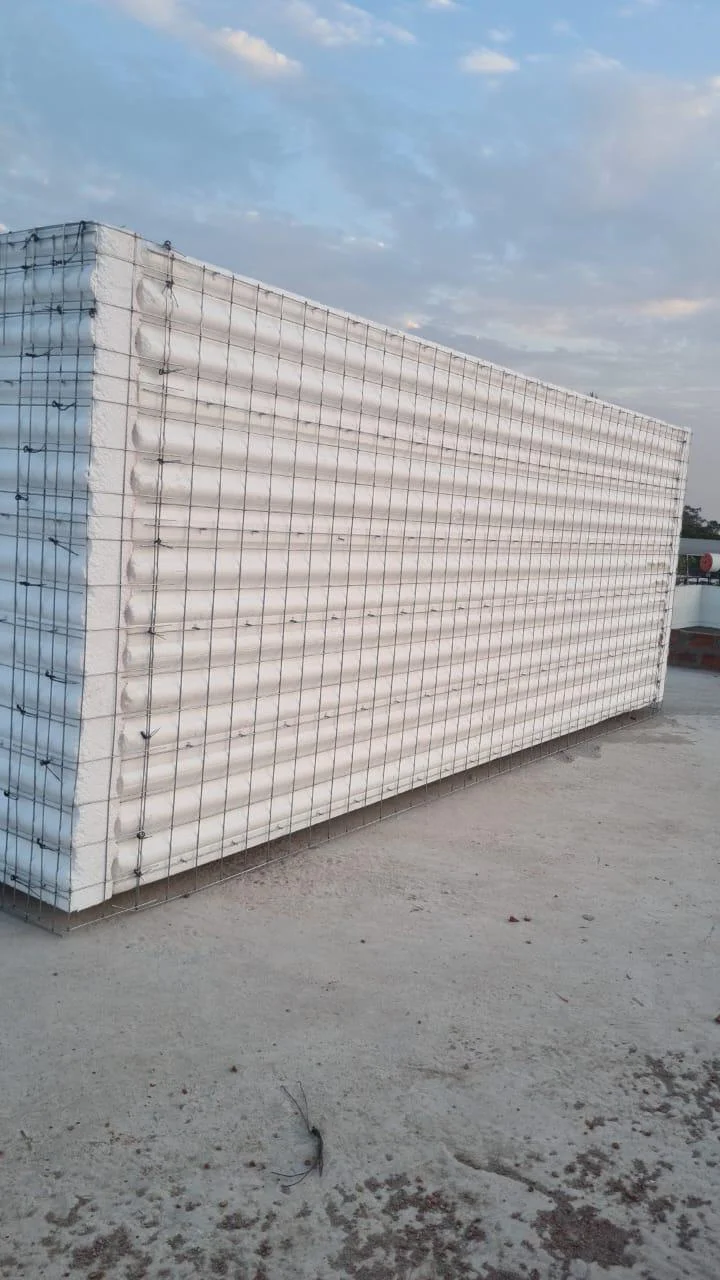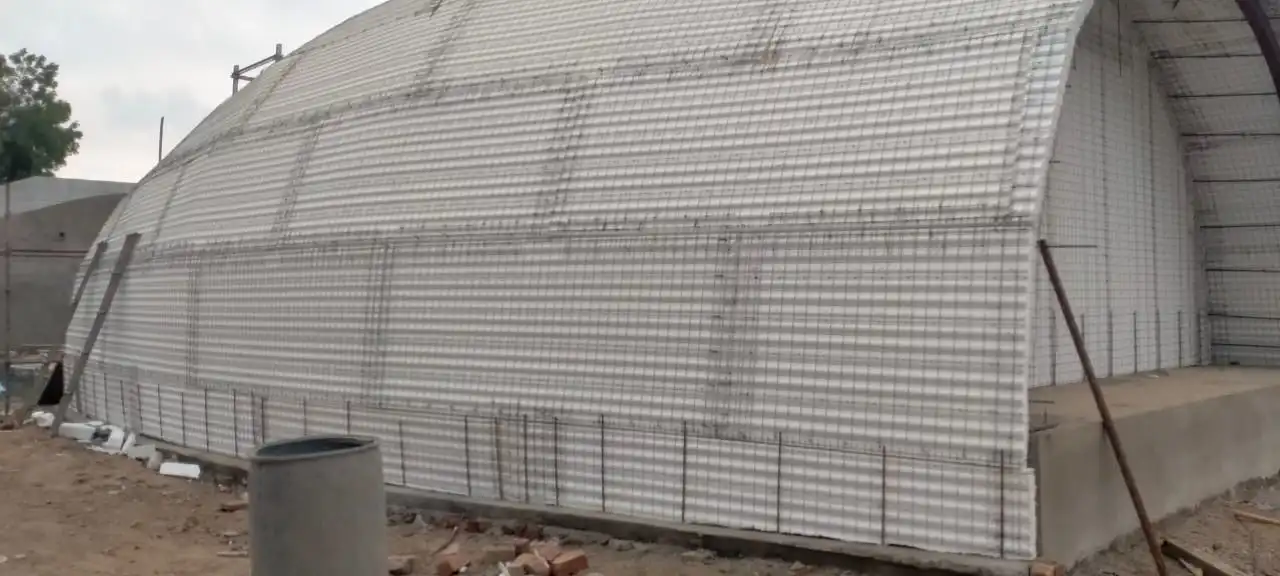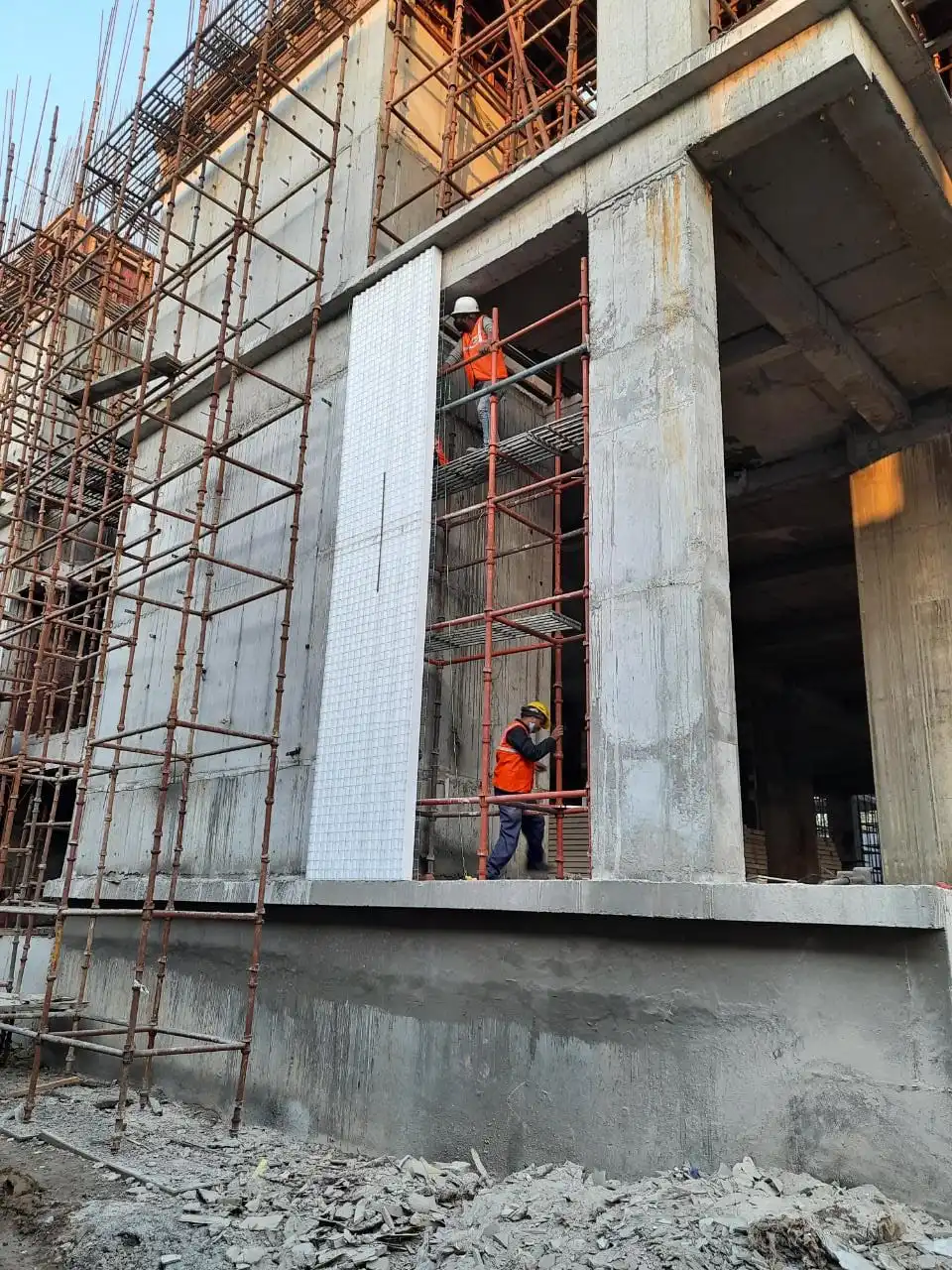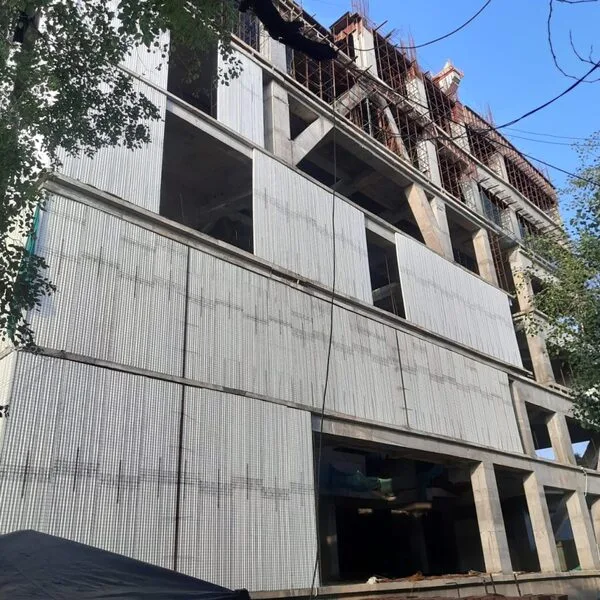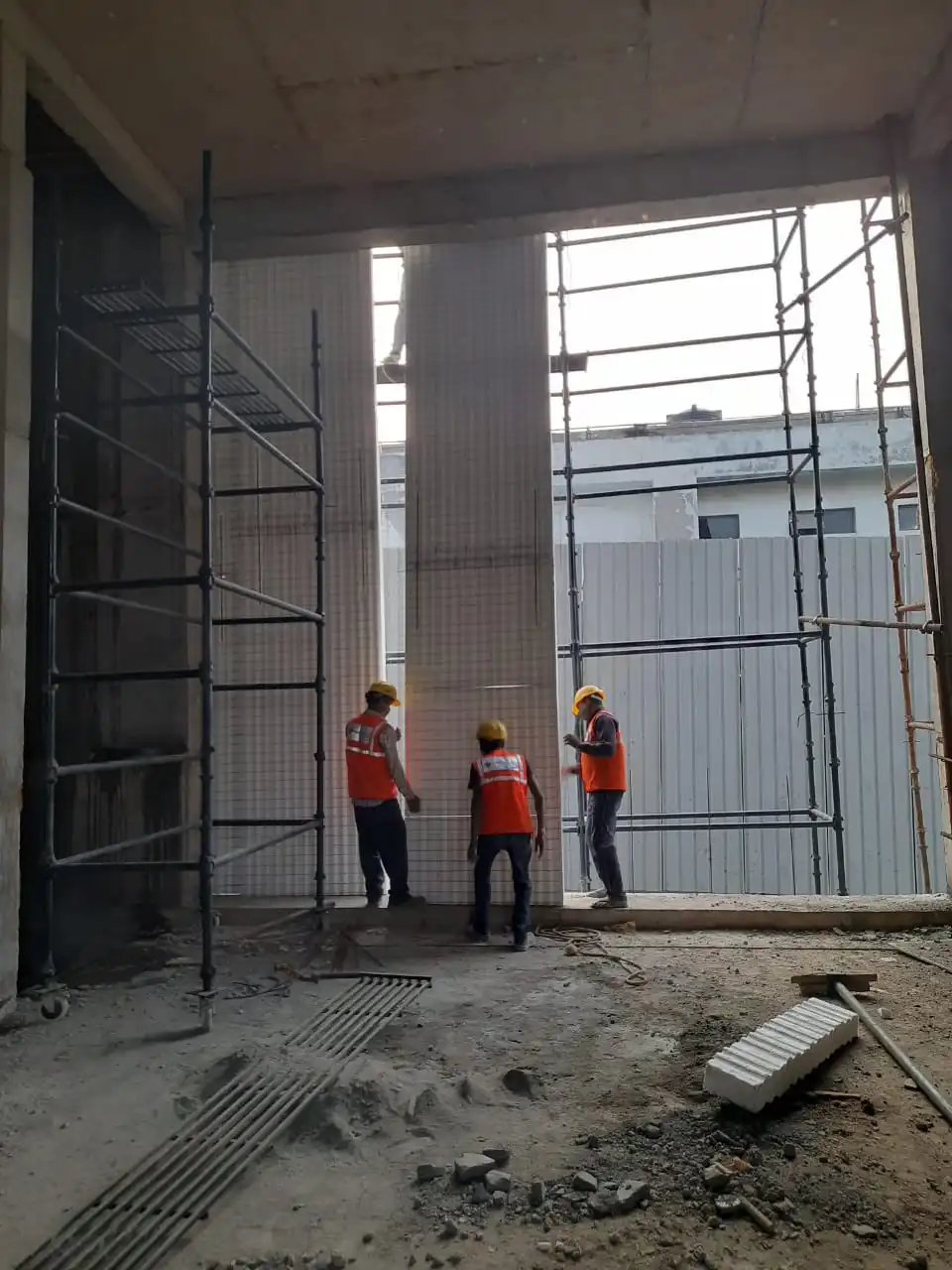In the rapidly evolving world of construction, the push for eco-friendly and sustainable building practices is stronger than ever. Among the innovative materials making a significant impact is the EPS sandwich panel. Widely recognized for its versatility and efficiency, the EPS sandwich panel is gaining traction in both residential and commercial construction. This blog explores the seven key benefits of using EPS sandwich panels for eco-friendly construction.
Table of Contents
Toggle1. Superior Insulation Properties
One of the most notable benefits of EPS sandwich panels is their excellent insulation properties. EPS, or Expanded Polystyrene, is known for its low thermal conductivity. This means that buildings constructed with EPS sandwich panels maintain stable indoor temperatures more effectively than those using traditional materials. The superior insulation reduces the need for heating and cooling systems, leading to lower energy consumption and reduced greenhouse gas emissions. By using EPS sandwich panels, builders can create energy-efficient structures that contribute to a smaller carbon footprint.
2. Lightweight and Easy to Handle
EPS sandwich panels are lightweight, making them easy to transport and handle on construction sites. This characteristic not only reduces transportation costs and fuel consumption but also makes the construction process faster and more efficient. Traditional building materials often require heavy machinery and significant labor, leading to higher energy use and increased emissions. In contrast, the lightweight nature of EPS sandwich panels allows for quicker installation, which in turn reduces the overall environmental impact of the construction process.
3. Durability and Longevity
Despite their lightweight nature, EPS sandwich panels are remarkably durable and long-lasting. They resist moisture, pests, and corrosion, ensuring that buildings remain structurally sound for many years. The durability of EPS sandwich panels means fewer repairs and replacements over the building’s lifespan, resulting in less material waste and a lower overall environmental impact. This longevity is a crucial factor in sustainable construction, as it extends the life cycle of buildings and reduces the need for frequent renovations.
4. Cost-Effective
Another significant advantage of EPS sandwich panels is their cost-effectiveness. The initial investment in these panels is often lower than traditional materials due to their lightweight and ease of installation. Moreover, the energy savings from the superior insulation properties of EPS sandwich panels contribute to lower utility bills. Over time, the reduced maintenance and energy costs make EPS sandwich panels a financially savvy choice for eco-friendly construction. By selecting EPS sandwich panels, builders can achieve sustainable designs without exceeding their budgets.
5. Versatility in Design
EPS sandwich panels offer remarkable versatility in design. They can be used for various applications, including walls, roofs, and floors, and are suitable for both residential and commercial projects. This versatility allows architects and builders to incorporate innovative designs and sustainable practices into their projects. Additionally, EPS sandwich panels are available in a range of sizes and finishes, enabling customization to meet specific project requirements. This flexibility makes EPS sandwich panels a preferred choice for modern, eco-friendly construction.
6. Reduction of Construction Waste
The use of EPS sandwich panels significantly reduces construction waste. Traditional building methods often involve cutting and shaping materials on-site, leading to considerable waste. In contrast, EPS sandwich panels are manufactured to precise specifications, minimizing excess material. This precision not only sustastreamlines the construction process but also contributes to a cleaner, more sustainable building site. Less waste means fewer resources are needed for disposal, further reducing the environmental impact of construction projects.
7. Enhanced Acoustic Performance
Beyond thermal insulation, EPS sandwich panels also offer excellent acoustic performance. The structure of these panels helps to reduce noise transmission, creating quieter and more comfortable indoor environments. This benefit is particularly valuable in urban areas where noise pollution is a concern. By improving sound insulation, EPS sandwich panels enhance the quality of life for building occupants. The dual benefit of thermal and acoustic insulation underscores the multifunctional nature of EPS sandwich panels in eco-friendly construction.
Conclusion
The EPS sandwich panel is a game-changer in the realm of eco-friendly construction. Its superior insulation properties, lightweight nature, durability, cost-effectiveness, versatility, waste reduction, and enhanced acoustic performance make it an ideal choice for sustainable building projects. As the demand for green construction continues to rise, EPS sandwich panels offer a practical and efficient solution that aligns with environmental goals.
By incorporating EPS sandwich panels into your construction projects, you not only benefit from their practical advantages but also contribute to a more sustainable future. These panels exemplify how innovative building materials can meet the demands of modern construction while minimizing environmental impact. Whether you are working on a residential home, a commercial building, or an industrial facility, EPS sandwich panels provide a reliable and eco-friendly option that supports both your construction needs and environmental responsibilities.
In conclusion, choosing EPS sandwich panels for your next construction project is a step toward sustainability and efficiency. Embrace the benefits of this innovative material and join the growing movement towards eco-friendly construction practices. With EPS sandwich panels, building a greener future is within reach.
FAQ’s
Q1 – What are EPS sandwich panels?
Answer – EPS sandwich panels are construction materials made from Expanded Polystyrene (EPS) sandwiched between two layers of rigid material, often metal or cement board. They offer excellent insulation, durability, and versatility for various building applications.
Q2 – How do EPS sandwich panels contribute to eco-friendly construction?
Answer – EPS sandwich panels contribute to eco-friendly construction by providing superior insulation, reducing energy consumption, minimizing construction waste, and using recyclable materials. These features help lower the environmental impact of building projects.
Q3 – Why are EPS sandwich panels considered cost-effective?
Answer – EPS sandwich panels are cost-effective because they are lightweight, easy to install, and require less labor and machinery. Their excellent insulation properties lead to significant energy savings over time, reducing utility bills and maintenance costs.
Q4 – What makes EPS sandwich panels durable?
Answer – EPS sandwich panels are resistant to moisture, pests, and corrosion, ensuring long-lasting structural integrity. This durability means fewer repairs and replacements, contributing to sustainable construction by reducing material waste.
Q5 – In what types of construction projects can EPS sandwich panels be used?
Answer – EPS sandwich panels are versatile and can be used in various construction projects, including residential homes, commercial buildings, and industrial facilities. They are suitable for walls, roofs, and floors, offering flexibility in design and application.


